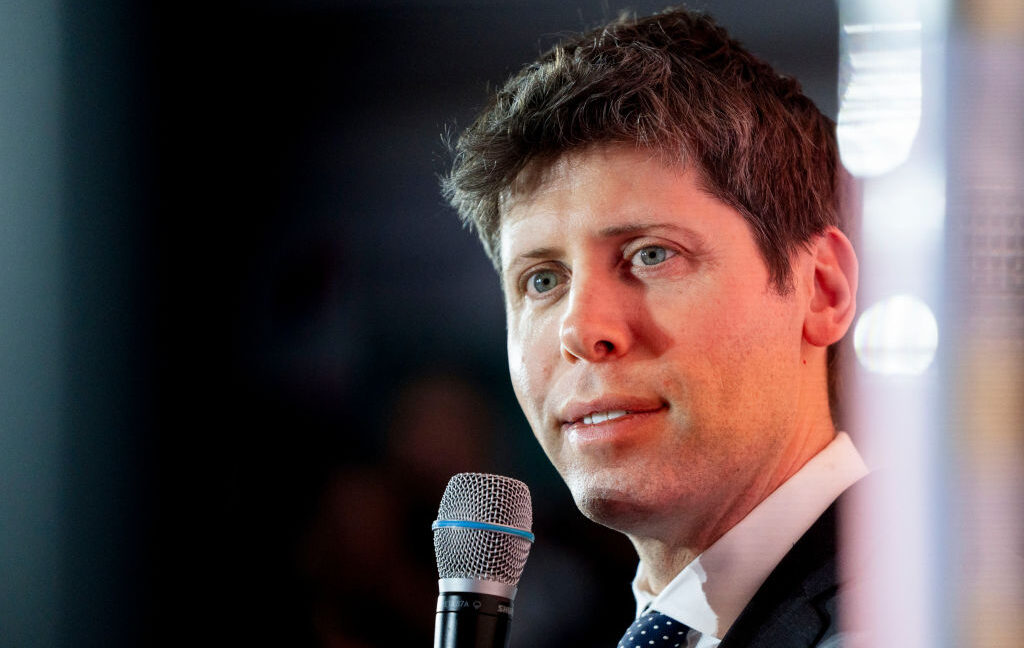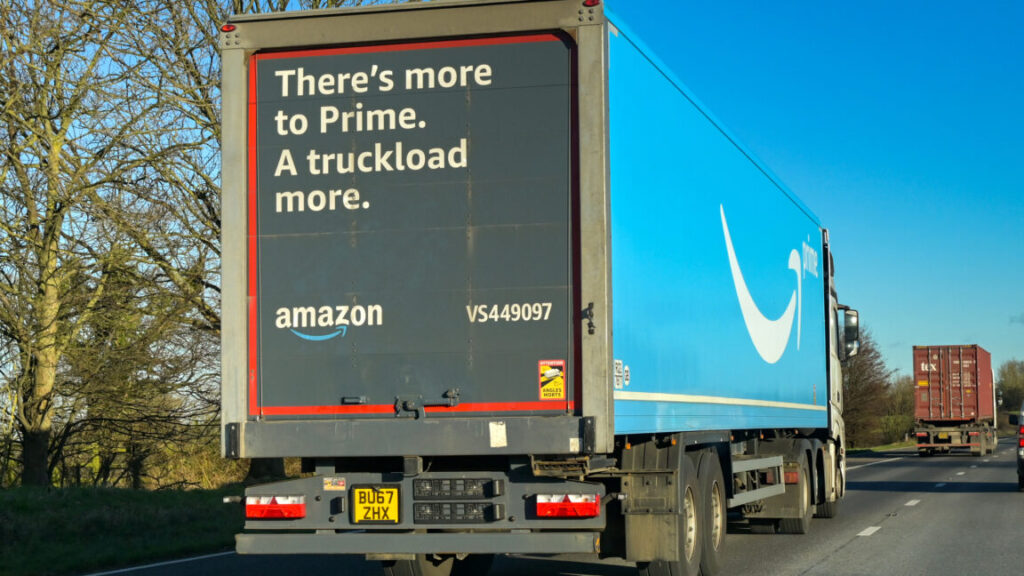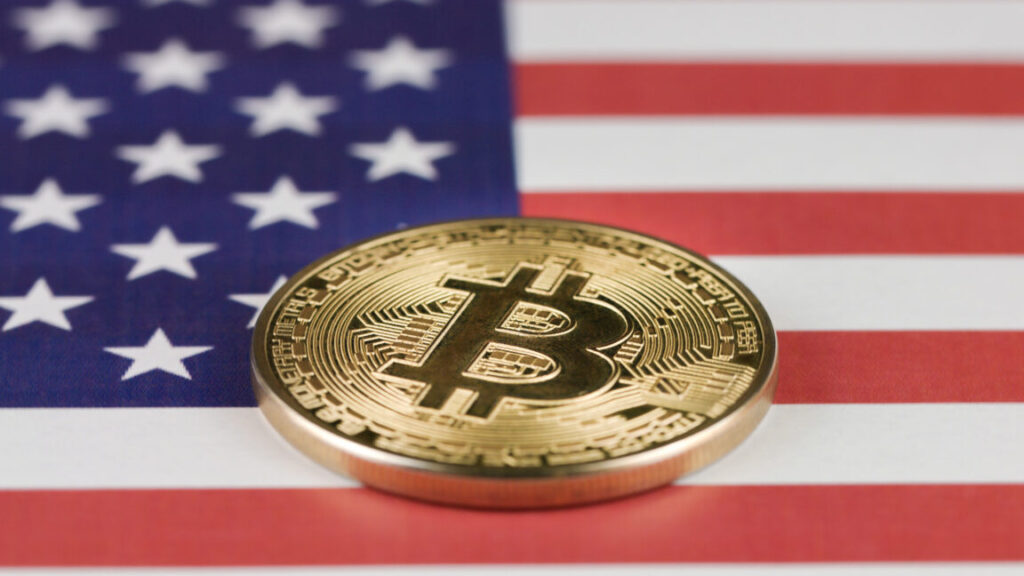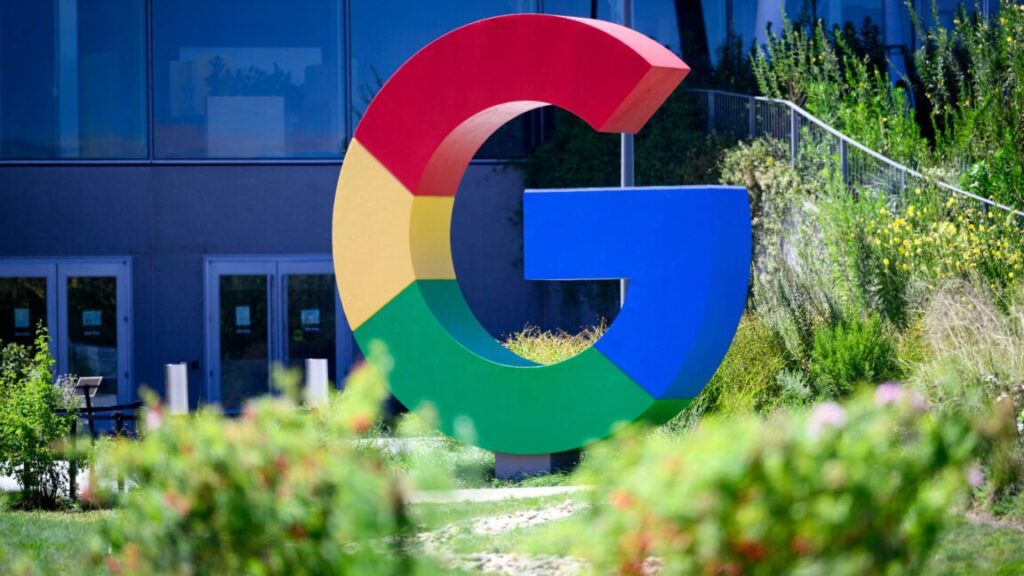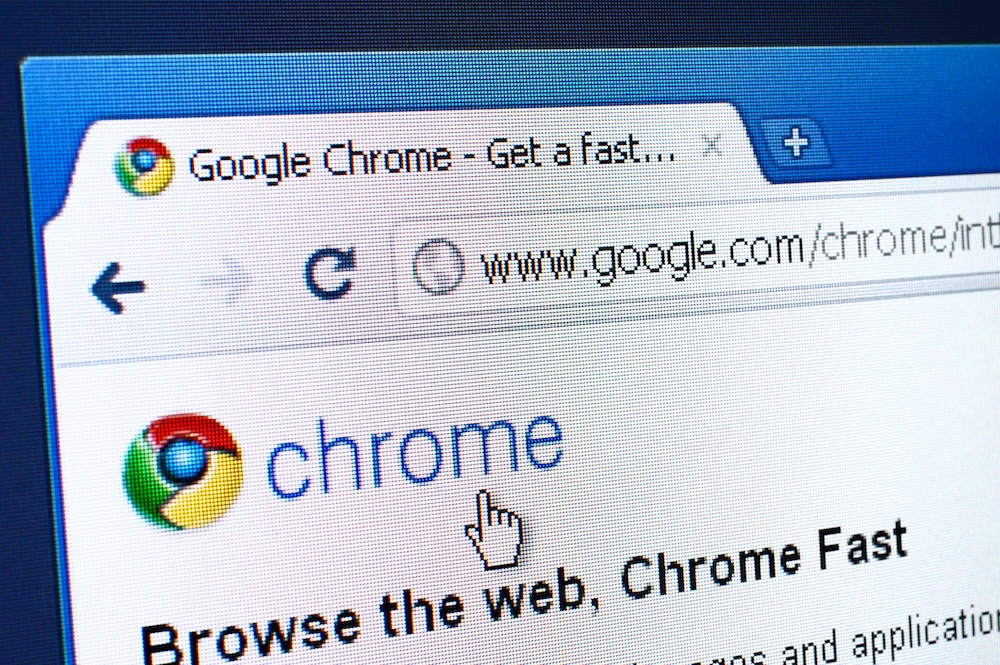Meta plans to test and tinker with X’s community notes algorithm
Meta also confirmed that it won’t be reducing visibility of misleading posts with community notes. That’s a change from the prior system, Meta noted, which had penalties associated with fact-checking.
According to Meta, X’s algorithm cannot be gamed, supposedly safeguarding “against organized campaigns” striving to manipulate notes and “influence what notes get published or what they say.” Meta claims it will rely on external research on community notes to avoid that pitfall, but as recently as last October, outside researchers had suggested that X’s Community Notes were easily sabotaged by toxic X users.
“We don’t expect this process to be perfect, but we’ll continue to improve as we learn,” Meta said.
Meta confirmed that the company plans to tweak X’s algorithm over time to develop its own version of community notes, which “may explore different or adjusted algorithms to support how Community Notes are ranked and rated.”
In a post, X’s Support account said that X was “excited” that Meta was using its “well-established, academically studied program as a foundation” for its community notes.
Meta plans to test and tinker with X’s community notes algorithm Read More »

